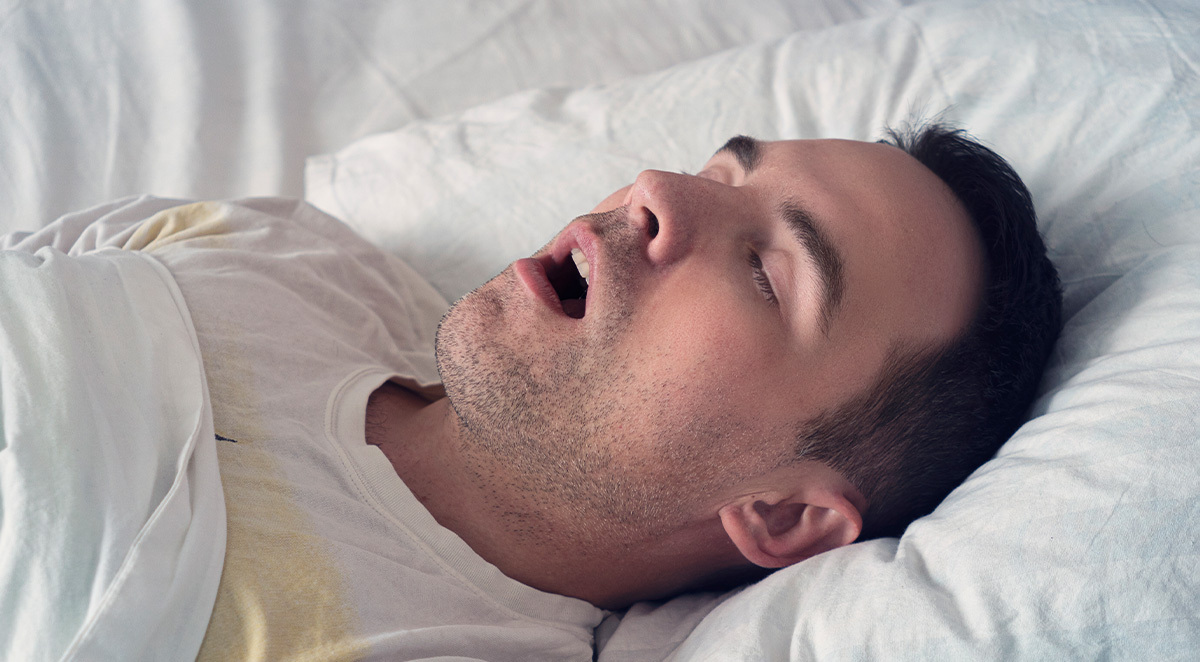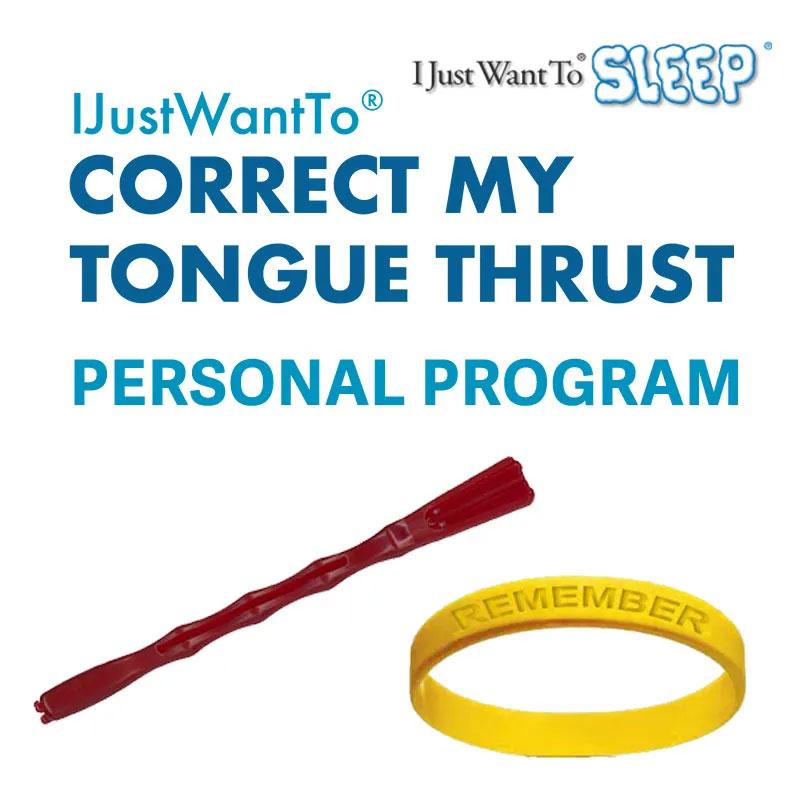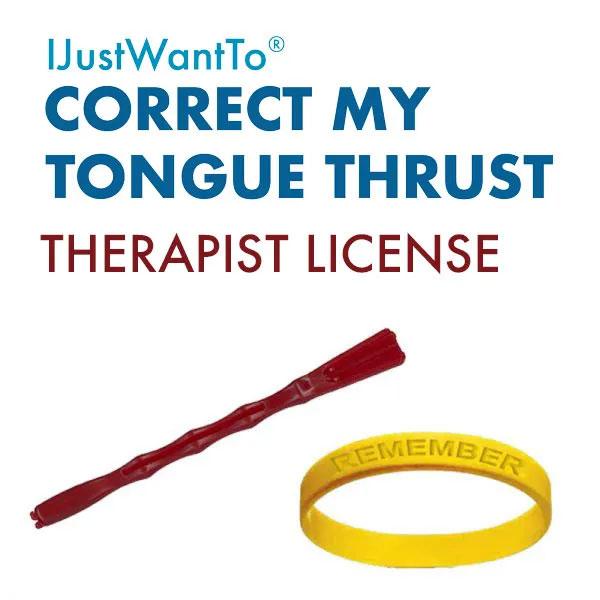Whether you suffer chronic insomnia or just are experiencing occasional sleep disruptions, this blog is for you. So, let's start our journey towards better sleep and reclaim our energy, focus, and vitality.
Reasons People Do Not Sleep Well
A good night's sleep is essential for physical and mental health, yet many people struggle with getting the rest they need. Here are a few of the most common reasons people don’t sleep well.
1) Stress and anxiety
Stress and anxiety can make it difficult to fall asleep and stay asleep, leading to fragmented sleep and feelings of exhaustion during the day. When we're stressed or anxious, our bodies release cortisol, a stress hormone that can interfere with sleep. Additionally, racing thoughts and worry can make it difficult to quiet the mind and fall asleep.
2) An inconsistent sleep schedule
Having an inconsistent sleep schedule can disrupt the body's internal clock, making it harder to fall asleep and stay asleep. When our sleep patterns are irregular, it can be harder for the body to produce the hormones and chemicals needed for restful sleep.
3) An uncomfortable sleeping environment
A sleeping environment that is too hot, too cold, too bright, or too noisy can interfere with sleep. This can include a mattress that is uncomfortable, bedding that is scratchy or too warm, or exposure to light and noise from outside the room. Making sure that the sleeping environment is comfortable, quiet, and dark can help improve sleep quality.
4) Caffeine and alcohol consumption
Consuming caffeine, especially later in the day, can interfere with sleep, as it is a stimulant that can disrupt the production of sleep hormones. Drinking alcohol can also impact sleep, as it can lead to fragmented sleep patterns and make it harder to fall asleep and stay asleep.
5) Poor sleep hygiene

Habits such as using electronic devices before bed, watching television in bed, and eating a large meal close to bedtime can negatively impact sleep. The blue light emitted by electronic devices can disrupt the production of melatonin, a hormone that regulates sleep while eating a large meal close to bedtime can lead to indigestion and discomfort.
6) Chronic pain
Chronic pain and discomfort can make it difficult to fall asleep and stay asleep, leading to fragmented sleep. Chronic pain can be caused by conditions such as arthritis, fibromyalgia, or back problems and can make it hard to get comfortable and fall asleep.
7) Sleep disorders
Sleep disorders such as insomnia, restless leg syndrome, and sleep apnea can prevent individuals from getting the restful sleep they need. Insomnia is characterized by difficulty falling asleep and staying asleep, while restless leg syndrome is characterized by an irresistible urge to move the legs while trying to fall asleep.
8) Medical conditions
Certain medical conditions, such as depression, anxiety disorders, and hyperthyroidism, can affect sleep quality. Depression and anxiety can lead to racing thoughts and worries that make it difficult to fall asleep, while hyperthyroidism can lead to a fast metabolism that makes it hard to fall asleep and stay asleep.
9) Medications
Certain medications, including stimulants, antidepressants, and beta-blockers, can interfere with sleep. Some over-the-counter and prescription medications can also have negative effects on sleep, so it's important to discuss this with your doctor.
10) Sleep apnea

Sleep apnea is a sleep disorder characterized by repeated pauses in breathing during sleep. People with sleep apnea often experience loud snoring, choking or gasping for air during sleep, and excessive daytime fatigue. Sleep apnea can be caused by a variety of factors, including obesity, smoking, and alcohol consumption, and can lead to a number of health problems if left untreated.
11) Mouth breathing
Mouth breathing during sleep can lead to a number of problems, including snoring, dry mouth, and disrupted sleep patterns. Mouth breathing and sleep apnea are often interrelated, as mouth breathing can be a symptom. Over 70% of beds in the United States host someone who breathes primarily through their mouth.
This is just a short list of the reasons people aren’t getting enough sleep. Let’s discuss some tips for getting better, deeper, and richer sleep, so you can feel better every day.
Ten Tips for Getting Better Sleep
Here are ten quick tips for sleeping better:
- Establish a consistent sleep schedule: Go to bed and wake up at the same time every day, even on weekends, to help regulate your internal body clock.
- Create a sleep-conducive environment: Make your bedroom quiet, dark, and cool, and invest in a comfortable mattress and pillows.
- Limit exposure to screens: Avoid screens, such as phones, tablets, and televisions, for at least an hour before bedtime to reduce the impact of blue light on melatonin production.
- Exercise regularly: Regular physical activity can improve sleep quality and duration, but avoid exercising close to bedtime as it can make it harder to fall asleep.
- Avoid caffeine and alcohol: Caffeine and alcohol can interfere with sleep, so it's best to avoid them, especially in the evenings.
- Practice relaxation techniques: Techniques such as deep breathing, meditation, and yoga can help you wind down and prepare for sleep.
- Avoid napping during the day: Napping during the day can disrupt your sleep patterns, so limit naps to no more than 20-30 minutes and do it earlier in the day.
- Get exposure to natural light: Spending time outside during the day, especially in the morning, can help regulate your internal body clock and improve sleep quality.
- Address the root cause of mouth breathing: If you're a mouth breather, consider seeking treatment for underlying health conditions, such as allergies, sinus problems, or sleep apnea, that may be contributing to mouth breathing.
- Treat sleep apnea: If you have sleep apnea, seek treatment from a doctor, which may include lifestyle changes, such as losing weight or quitting smoking, or the use of a continuous positive airway pressure (CPAP) machine.
Incorporating these tips into your daily routine can help you get the restful sleep you need to feel refreshed and revitalized. Remember, the key to a good night's sleep is consistency, so make a commitment to prioritize your sleep and stick to healthy sleep habits. By addressing the root causes of mouth breathing and sleep apnea, you can improve your sleep and overall health and well-being.
Mouth Breathing and Sleep Apnea Can Be Connected to Mouth Breathing
Mouth breathing, sleep apnea, and tongue thrust can all be interrelated. Tongue thrust, also known as reverse swallowing, is a condition in which the tongue protrudes forward during swallowing instead of remaining against the roof of the mouth. This can lead to mouth breathing during sleep, as the tongue blocks the airway and makes it difficult to breathe through the nose.
Mouth breathing during sleep can lead to a number of problems, including snoring, dry mouth, and disrupted sleep patterns. In some cases, mouth breathing can also contribute to sleep apnea, a sleep disorder characterized by repeated pauses in breathing during sleep. When the airway is obstructed during sleep, the body compensates by breathing through the mouth, leading to further complications.
Tongue thrust can be caused by a variety of factors, including poor oral habits, such as thumb-sucking or pacifier use, dental crowding or malocclusion, and jaw problems, such as a small jaw or misaligned bite. Treating tongue thrust can help improve sleep quality and reduce the risk of mouth breathing.
How to Correct Tongue Thrust
Do you struggle with mouth breathing or sleep apnea? Are you tired of feeling exhausted during the day, no matter how much sleep you get? If so, it may be time to correct your tongue thrust.
Tongue thrust, also known as reverse swallowing, is a condition in which the tongue protrudes forward during swallowing instead of remaining against the roof of the mouth. This can lead to mouth breathing during sleep, as the tongue blocks the airway and makes it difficult to breathe through the nose.
But there is hope. Our Seven-Week Tongue Thrust Correction Program is designed to help you correct your tongue thrust and improve your sleep quality. Through a combination of exercises and techniques, you'll learn how to retrain your tongue and improve your oral posture, reducing the risk of mouth breathing and sleep apnea.
Join us today and take the first step towards a better night's sleep. Our program is designed to be easy to follow, with daily exercises and support from our team of experts. You'll receive a comprehensive guide, complete with instructions and tips, to help you achieve your goals.
Benefits of Correcting Tongue Thrust
Some of the other benefits of correcting tongue thrust include:
- Improved sleep quality: Correcting tongue thrust can improve sleep quality by reducing the risk of mouth breathing and sleep apnea. When the airway is unobstructed, you'll be able to breathe more easily and enjoy a more restful sleep.
- Reduced risk of sleep disorders: By correcting tongue thrust, you can reduce the risk of sleep disorders, such as sleep apnea, that can lead to fragmented sleep and excessive daytime fatigue.
- Improved oral posture: Correcting tongue thrust can improve oral posture, reducing the risk of other oral problems, such as dental crowding or malocclusion, and promoting good oral health.
- Better speech: Improving tongue posture and retraining the tongue can lead to better speech, reducing the risk of speech impediments and improving communication skills.
- Improved self-esteem: Improved sleep quality, oral health, and speech can boost self-esteem and confidence, leading to a more positive outlook on life.
- Better overall health: Improved sleep quality can lead to better overall health, as sleep is crucial for physical and mental well-being. Restful sleep can improve mood, memory, and focus and reduce the risk of health problems, such as obesity and heart disease.
- Easy to follow: Our Seven-Week Tongue Thrust Correction Program is designed to be easy to follow, with simple daily exercises and support from our team of experts.
So what are you waiting for? Sign up for the Seven-Week Tongue Thrust Correction Program now and start your journey towards a better night's sleep. You deserve to feel refreshed and revitalized, and we're here to help you make that happen. Don't let mouth breathing and sleep apnea control your life any longer. Join us today!



